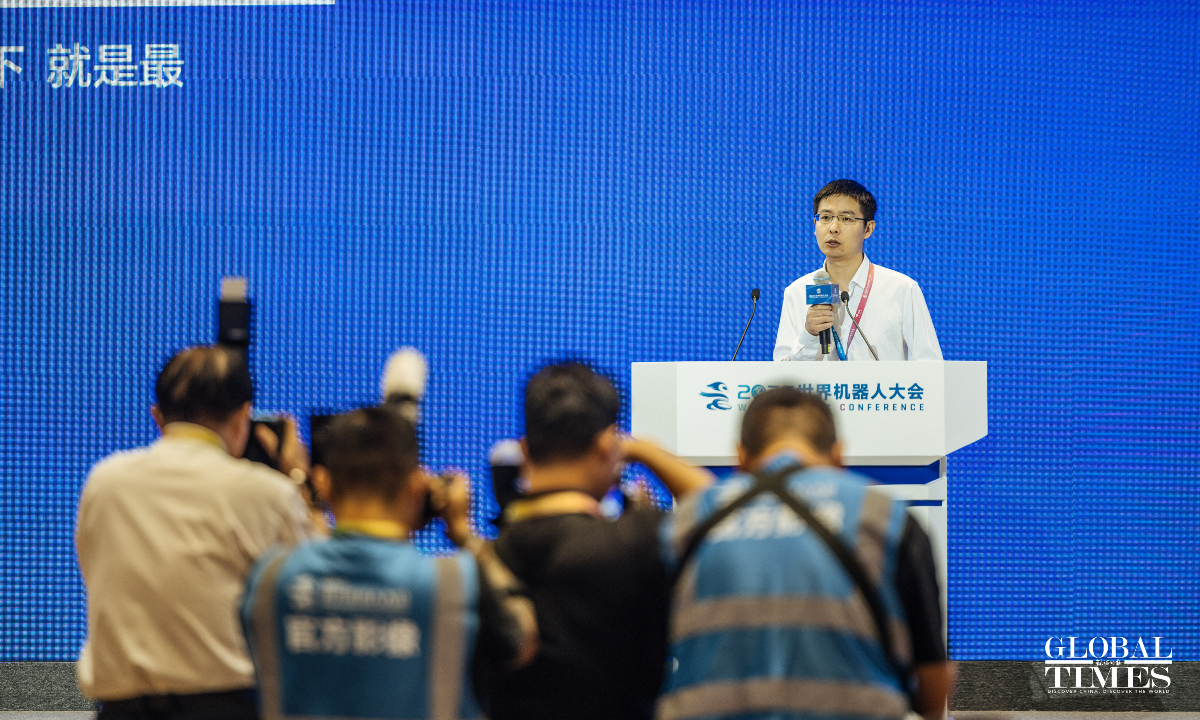Trump to Address D.C. Violent Crime Amid Federal Action

The announcement of President Donald Trump addressing violent crime in Washington, D.C., comes amid a notable escalation in federal law enforcement presence within the capital. This move, characterized by Trump as essential for transforming D.C. into one of the nation’s safest cities, raises significant questions regarding the underlying economic and social dynamics at play. With violent crime rates reportedly decreasing, the motivations behind this federal push warrant critical examination.
One must carefully analyze the implications of Trump's directive on both local governance and the D.C. economy. The White House response to perceived crime escalation reflects a broader political strategy aimed at solidifying support among constituents who prioritize law and order. However, critics argue such measures encroach on the principle of "home rule" that has historically allowed D.C. residents local governance. This tension brings to light the potential for economic backlash, particularly if local perceptions of autonomy are undermined—resulting in reduced business investments and impacting tourism, a significant revenue stream for the city's economy.
Furthermore, the historical context is illuminating; comparisons to past federal interventions in local jurisdictions can reveal potential pitfalls. More specifically, the aggressive federal law enforcement tactics seen in the past, such as those during the 2008 financial crisis when local economies were already strained, suggest the risks of increased crime-focused funding can lead to longer-term socio-economic challenges rather than solutions. It raises the rhetorical question: will federal strategies genuinely address the roots of violence or merely present a façade of control? As sectors of the community decry what they view as federal overreach, the ramifications of these actions may ripple through the socio-economic fabric of the nation's capital for years to come.
Read These Next

Unitree's Wang Xingxing predicts robots will have ChatGPT moment in 3 years
Wang Xingxing of Unitree anticipates a 'ChatGPT moment' for humanoid robots in 2-3 years, with industry growth of 50-100%.

Malaysian KLCI Index Gains 05 Percent Today
On August 8, Malaysia's KLCI index rose 0.5% to 1556.98, reflecting stability and boosted investor confidence.

Innovation in China's Humanoid Robotics Sector Surges
China's humanoid robotics industry is growing rapidly, fueled by government, academia, and private sector collaboration.
